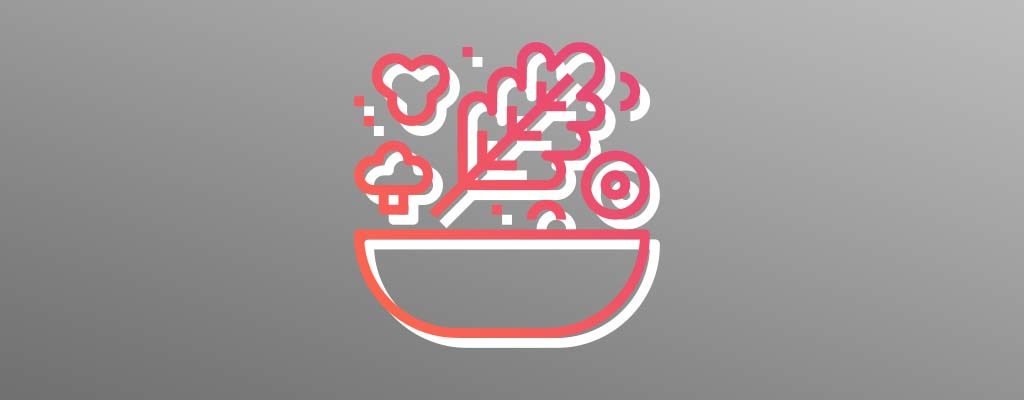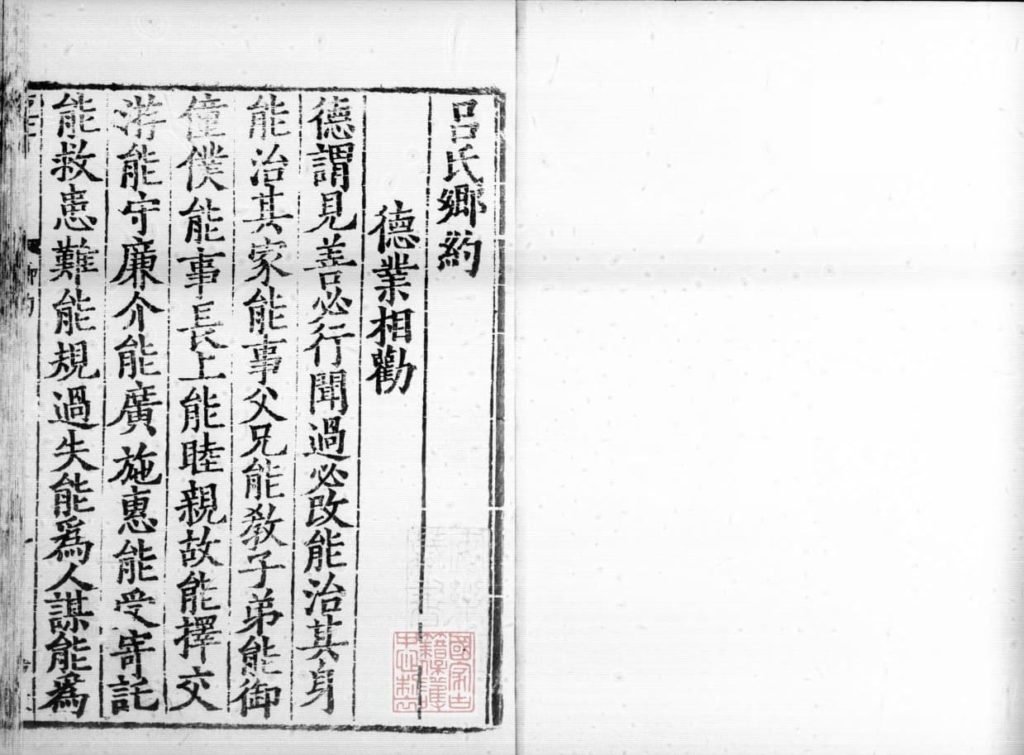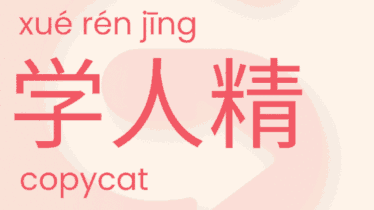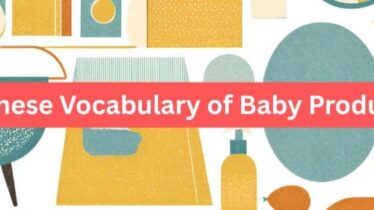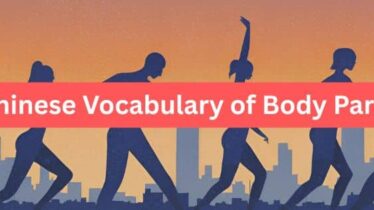About the Chinese phrase “Have you eaten? 你吃了吗?”
When you start learning Chinese, it’s likely that you’ve been told that the Chinese phrase ‘Have you eaten?’ (你吃了吗? chī le ma?) is a common Chinese greeting.
You’ve likely been told that the reason Chinese people used “吃了吗?” as a greeting was mainly because food is the most important thing. However, after a bit of research, I found the origins of 吃了吗 to be much more interesting.
In Northern Song Dynasty (960 – 1127 A.D.), a book called Lü Convention 《吕氏乡约》written by the Lü brothers in Lantian, Shaanxi was popular among the village people in the nation. As it was a book of etiquette in China, it introduced common manners and protocols in daily Chinese life, including proper Chinese greetings. Among them, one rule reads:
- “凡往见人,入门必问主人食否……度无所妨,乃命展剌。有妨则少俟。”
- “Whoever you visit, you should ask them if they have eaten or not……if they are about to eat, don’t enter the house until after they finish the meal. Otherwise, you would be intruding.””
— The Lü Brothers
In other words, one should avoid visiting people’s homes when they are having a meal. To ask “have you eaten?” would be the most considerate thing to do for a Chinese person.
Eventually, this Chinese phrase caught on and became a daily Chinese greeting. By asking “吃了吗?”, you are showing that you care about the other person and it would be easy to start a conversation. However, as you may have noticed, it is not used as often anymore. If you are ever asked “吃了吗”, just a simple “吃了chī le (I have)” or “没吃 (méi chī, I have not)” would do for an answer.
That’s how to use the Chinese phrase ‘Have you eaten?’ 你吃了吗? See our YouTube channel for Chinese listening practice stories, for instance, this one about eating. Click here for more greetings in Chinese.
